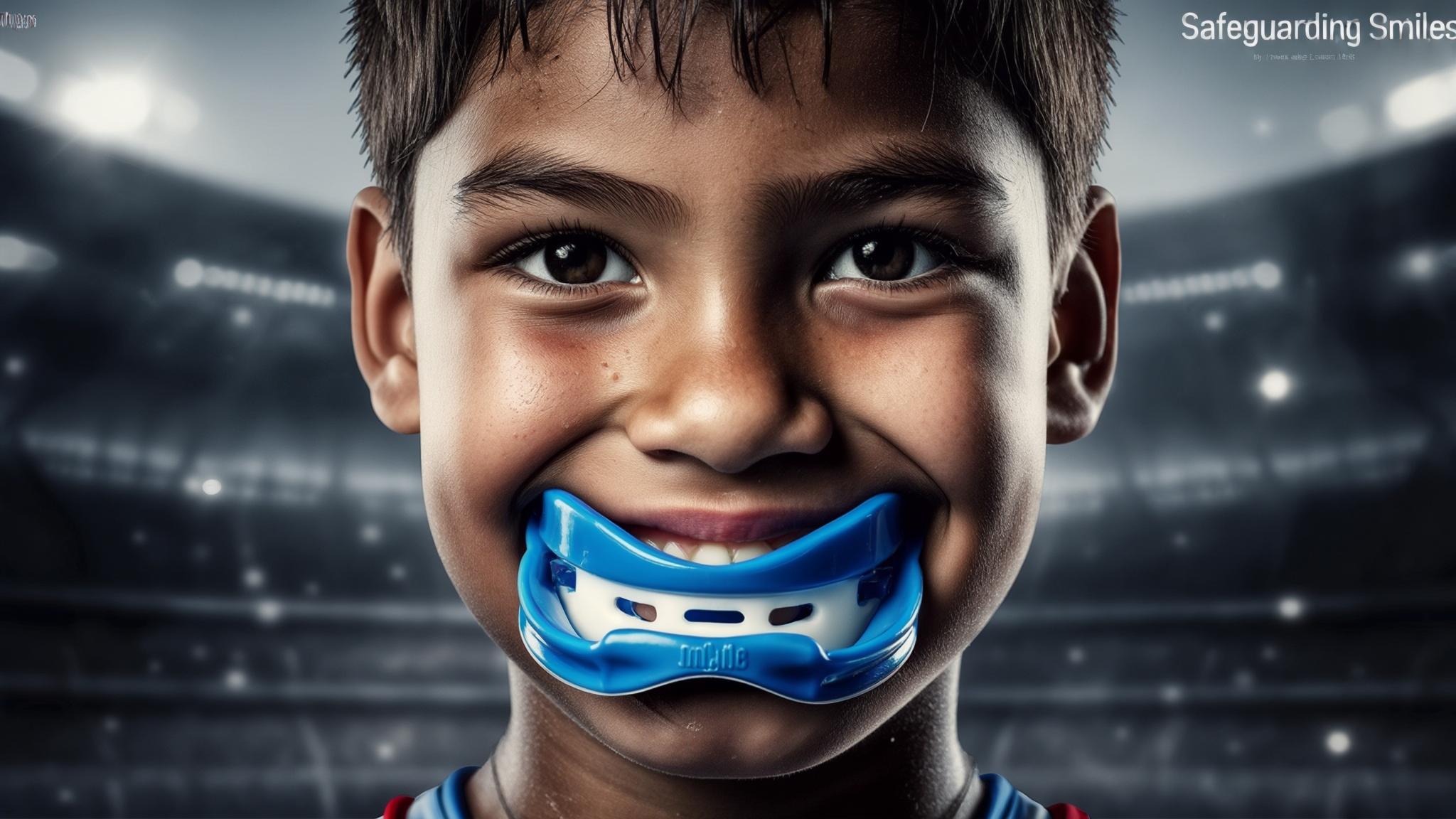Understanding Dental Sports Injuries
Imagine you're playing your favorite sport and suddenly, an unexpected collision occurs. Dental sports injuries can happen in the blink of an eye, affecting your teeth and mouth. Dental sports injuries include any harm to the teeth, gums, or jaw during sports activities. Immediate care is crucial because it can significantly influence the outcome of the injury, potentially saving your tooth or minimizing damage. This article will guide you through the first response steps for common dental sports injuries, ensuring you're prepared to act quickly and effectively.
Common Types of Dental Sports Injuries
Chipped or Fractured Teeth
Chipped or fractured teeth are common in contact sports like basketball or hockey. These injuries occur when a tooth is hit with enough force to break a piece off. Symptoms include a jagged edge, sensitivity to temperature, or pain when biting.
Knocked-out Teeth (Avulsed Teeth)
A tooth can be completely knocked out due to a strong blow, often seen in sports like football or boxing. This is a dental emergency, as the sooner the tooth is reinserted, the better the chance of saving it.
Soft Tissue Injuries
Lip and Cheek Lacerations: These occur when the soft tissues are cut or torn, often by a fall or impact.
Tongue Injuries: Biting the tongue during a collision can cause painful injuries that may bleed profusely.
Jaw Injuries
Dislocations and Fractures: A strong impact can dislocate or fracture the jaw, leading to severe pain and difficulty moving the jaw.
First Response Protocol for Dental Sports Injuries
Initial Assessment
First, check if the injured person is conscious and breathing. Quickly evaluate the extent of the injury to decide the next steps.
Chipped or Fractured Teeth
- Rinse the mouth with warm water to clean the area.
- Apply a cold compress to reduce swelling.
- Avoid using the injured tooth for biting until a dentist can be consulted.
Knocked-out Teeth
- Handle the tooth by the crown, avoiding the root.
- If dirty, gently rinse the tooth with saline or water.
- Attempt to place the tooth back in its socket. If not possible, store it in milk or saline.
Soft Tissue Injuries
- Control bleeding with gauze or a clean cloth.
- Rinse the mouth with saline to clean the area.
- Apply a cold compress to reduce swelling.
Jaw Injuries
- Do not attempt to realign the jaw.
- Use a cold compress to manage swelling.
- Seek immediate medical attention.
When to Seek Professional Help
If the injury involves severe pain, bleeding that doesn't stop, or a knocked-out tooth, seek dental care immediately. Prompt evaluation is critical to avoid complications like infection or permanent damage.
Preventative Measures in Sports
Importance of Wearing Mouthguards
Mouthguards are essential in protecting teeth from impacts. They cushion blows that could otherwise cause serious injuries.
Types of Mouthguards
Different sports require different mouthguards. Custom-fitted ones offer the best protection and comfort.
Education on Safe Playing Techniques
Teaching proper techniques can minimize the risk of injuries. Coaches and trainers should emphasize safety in every practice and game.
Conclusion
First response to dental sports injuries is vital in preserving oral health. Athletes, coaches, and parents should always be prepared for emergencies. By understanding how to handle these situations and implementing preventive measures, you can protect your smile while enjoying sports.

